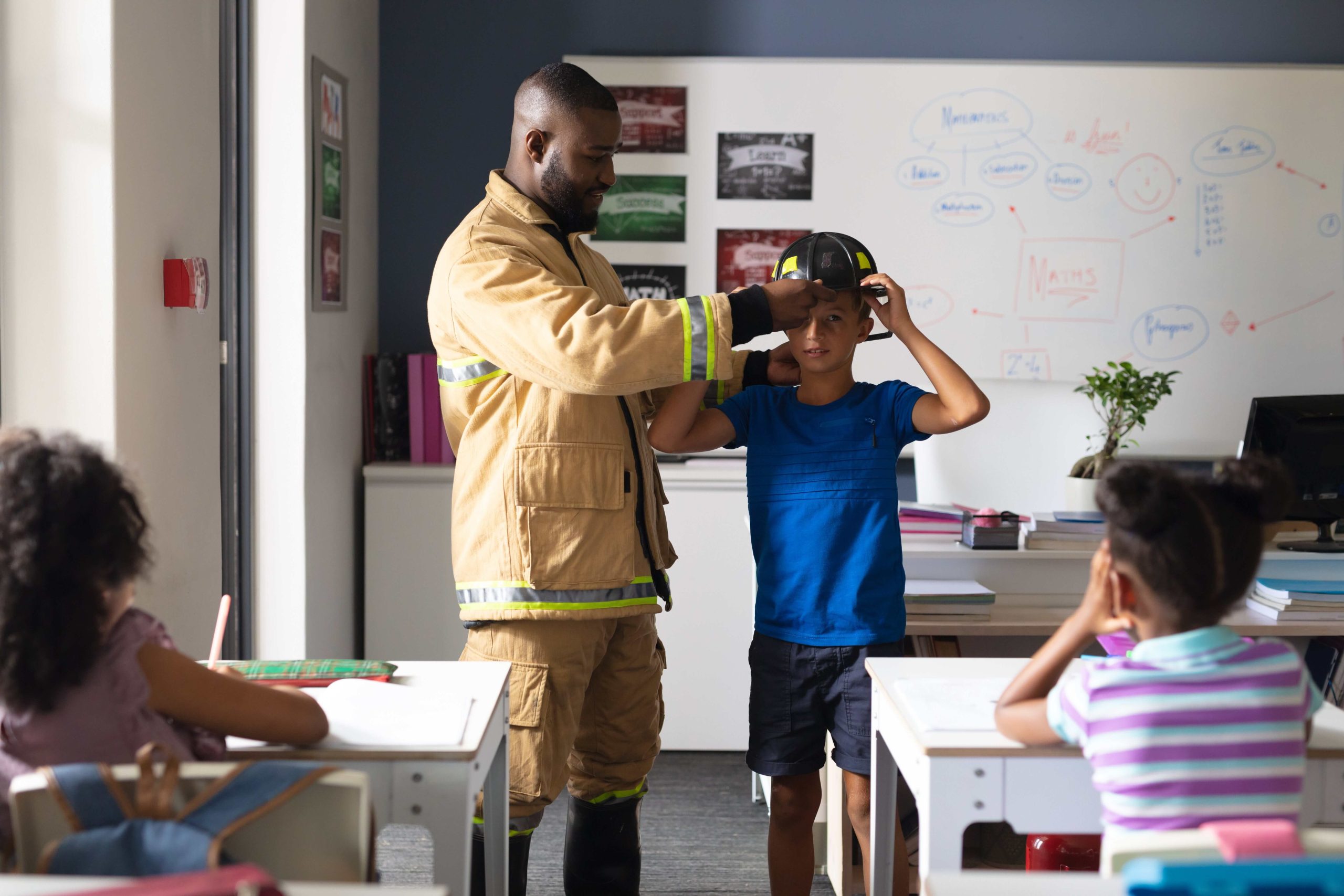Overview of STEAM Education Coaching
STEAM education stands at the forefront of modern educational initiatives, integrating Science, Technology, Engineering, Arts, and Mathematics into cohesive learning experiences. A STEAM Education Coach plays a pivotal role in this landscape, guiding educators and students alike towards a more integrated approach to learning. Their expertise spans across multiple disciplines, blending technical knowledge with creative thinking to foster well-rounded academic development.
Skills and Expertise Required
To excel as a STEAM Education Coach, a robust educational background is essential. Typically, these professionals hold degrees in fields such as education, engineering, or the sciences, coupled with specialized training in curriculum development and pedagogical techniques. Their role demands a deep understanding of both the theoretical underpinnings and practical applications of STEAM subjects, enabling them to effectively mentor educators and inspire students.
Responsibilities of a STEAM Education Coach
Central to the role is the design and implementation of STEAM-focused lesson plans that encourage hands-on exploration and problem-solving. They collaborate closely with educators to integrate STEAM principles into existing curricula, ensuring alignment with educational standards and learning objectives. Beyond classroom instruction, STEAM Education Coaches provide ongoing professional development, equipping teachers with the tools and strategies needed to deliver engaging and impactful STEAM lessons.
Impact of STEAM Education Coaching
The influence of STEAM Education Coaches extends far beyond academic performance metrics. By nurturing curiosity and creativity, they empower students to apply their knowledge in practical contexts, fostering a deeper appreciation for the interconnectedness of STEAM disciplines. This holistic approach not only enhances cognitive skills but also cultivates essential 21st-century competencies such as collaboration, critical thinking, and adaptability.
Strategies and Techniques Used
In practice, STEAM Education Coaches employ diverse teaching methodologies tailored to the needs of their learners. Project-based learning, for instance, encourages students to tackle real-world challenges through collaborative projects that span multiple disciplines. They also leverage technology and multimedia resources to enhance learning experiences, making complex concepts accessible and engaging for students of varying abilities and interests.
Challenges in STEAM Education Coaching
Despite its transformative potential, STEAM education faces challenges that require strategic navigation. Limited access to resources and funding constraints can hinder the implementation of innovative STEAM programs in underserved communities. Additionally, resistance to depart from traditional teaching methods may impede widespread adoption of STEAM integration strategies. Overcoming these barriers demands advocacy, collaboration, and a commitment to equity in education.
Future Trends and Innovations
Looking ahead, the role of STEAM Education Coaches is poised to evolve alongside advancements in technology and pedagogical research. Emerging trends such as artificial intelligence, virtual reality, and augmented reality offer new avenues for immersive STEAM learning experiences. Moreover, interdisciplinary approaches that integrate arts and humanities with STEM fields are gaining traction, reflecting a broader recognition of the interconnectedness of knowledge domains.
Importance of Continuous Professional Development
Continuous learning is paramount for STEAM Education Coaches to remain effective in their roles. They engage in ongoing professional development to stay abreast of emerging educational trends, refine their teaching practices, and exchange best practices with peers. By investing in their own growth, STEAM Education Coaches model a commitment to lifelong learning that inspires both educators and students alike.

